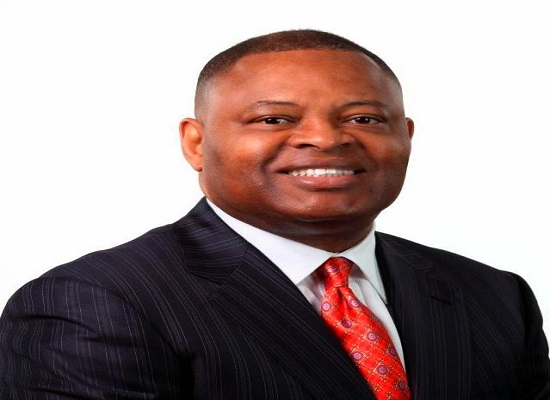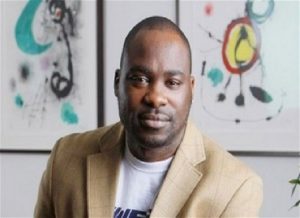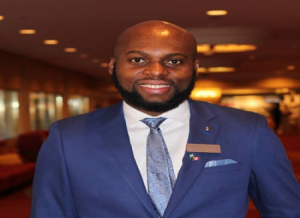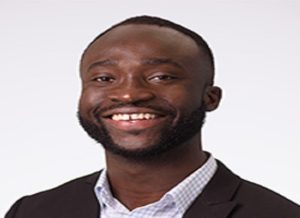Dr. Kase Lawal: chairman/CEO of Camac International Corporation
Dr. Kase Lawal, a Nigerian-born businessman, who has established a strong footing in corporate America, is founder and chairman/CEO of Camac International Corporation – a diverse group of affiliated companies. The group has evolved from an agricultural commodity trading company he established in 1986 into a diversified chain with portfolio of assets in financial services, technology and venture capital, energy, logistics and real estate.
Members of the group include Camac Holdings Inc., an oil and gas exploration and refining company based in Texas. Unity National Bank is a member of the group, which is reputed as the only licensed and federally insured African-American owned bank in Texas.
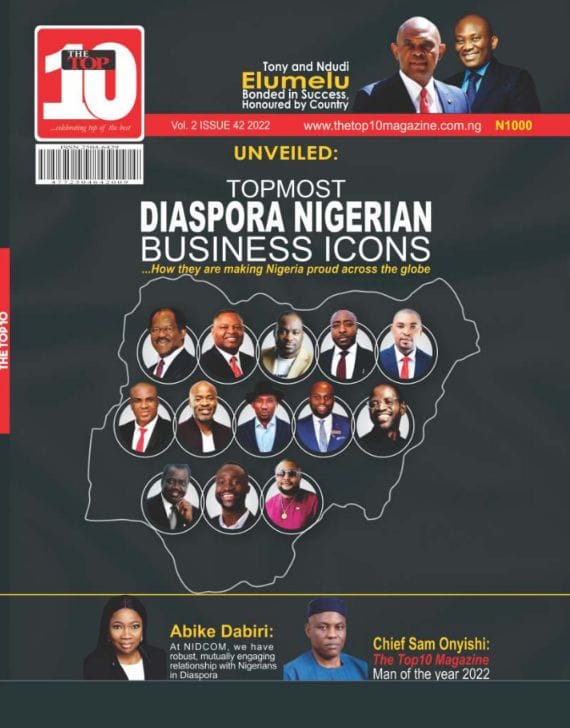
Erin Energy Inc, a global energy firm, which he founded in 2010, is also a member of the Camac group. The group also includes Allied Energy Corporation, its operating arm in West Africa that came on stream in 1991.
The global energy company consists of two groups, a U.S. group and a non-U.S. group that apply a coordinated approach to pursue the exploration, development and operation of oil assets in Africa and South America. Its business units include oil exploration & production, engineering, project management and procurement services, crude oil and refined products trading and natural gas & power.
The gas & power business focuses primarily on developing energy systems to bring electricity, including renewable energy, to rural locations in parts of Africa without access to modern fuels.
Operating from the head office in Houston, Texas, the group has presence in Johannesburg, Cape Town, London, Grand Cayman, Lagos and Abuja.
Lawal has earned his reputation as an oil and gas baron, who comes next in ranking after David Steward, Oprah Winfery and Robert Smith as the fourth richest black person in America. He made it to the number one spot in 2002 and 2003 on the list of the top 100 black-owned businesses in America.
He charted the course and opened up the traditionally white-held oil business in America to blacks and other nationalities. “I want to encourage more blacks to get involved in the oil industry as entrepreneurs,” he told Black Enterprise.
Camac International Corporation and its affiliated group of companies collectively represent the largest African-American owned energy services enterprise in the United States. The chain of operations cut across upstream and downstream activities that include oil and gas exploration and production, trading of crude oil and refined products for markets in Africa and Europe and in the transportation industry in South Africa.
The group owns or leases oil and gas reserves offshore in West Africa and onshore in Colombia, South America. It is one of the first independent energy enterprises to discover the potential of West Africa’s untapped offshore resources; the first independent oil and gas producer to hold a Nigerian deep-water licence in 1992 and the first to make a deep-water discovery in offshore West Africa in 1995.
Lawal was born in Ibadan to a local politician and textile-trader father. He obtained his Bachelor of Science degree in chemistry from Texas Southern University in 1976, and his MBA in finance and marketing from Prairie View A&M University in Texas in 1978.

In his early career, Lawal worked as a process engineer for Shell Oil Refining Company and as a research chemist for Dresser Industries. He held the position of vice president, Suncrest Investment Corporation and president, Baker Kase Investments, a real estate mortgage and investment company.
Camac’s agricultural commodities trading root is traced to Lawal’s strategic move to establish and finance direct trade link between American tobacco producers and processing companies in Cameroon in 1986. He opened up a major international agricultural trade between the United States and Africa, shipping tobacco direct from the U.S’. farms to the African processing plants.
The next big step forward was a shift of focus from agriculture to oil in the late 1980s. This gave birth to Allied Nigeria with which he secured oil production rights to large tracts of land in the country.
A joint venture deal with oil giant – Conoco followed in 1991 under which over $500 million dollars were pumped into Nigeria over the next decade. By late 2002, the venture was still producing over 20,000 barrels of oil per day. The partnership was expanded to launch several oil exploration projects in Angola.
The group’s oil and gas business expanded rapidly to include stakes in inland and offshore oil and gas producing properties, drilling operations, oil transportation, technical advisory services and construction for the oil industry in Africa, Asia, Europe and North America.
A downstream operation was added in 1999 with the acquisition of an oil refinery and the establishment of an energy trading company. Speaking on the change of operating status, Lawal told Black Enterprise what the move meant for his group. “We used to produce oil and rely on someone to sell it; we decided that we could get contracts, and assemble a risk management team that could deal with the volatility of selling oil and gas.”
By getting the downstream to complement the upstream, Camac group got the big break. In four years, group revenue jumped close to nine times to cross the billion-dollar mark by 2022.
Lawal was a member of the National Republican Congressional Committee’s Business Advisory Council and in 1994, he was a finalist for the United States Business Entrepreneur of the Year. He was awarded an honorary doctorate degree in philosophy from Fort Valley State University.
In 1996, he was appointed by the Secretary of Commerce to a position on the United States Council on the Business Development Committee of the United States-South Africa Bi-national Commission. His presence in the committee afforded him an opportunity to drive his interest in the well-being of the African continent.
President Bill Clinton also appointed Lawal a member of the United States Trade Advisory Committee on Africa, a role that enabled him to develop trade policies for the continent.
In 1999 Lawal was appointed a commissioner of the Port of Houston, the largest American port in terms of foreign tonnage, which also houses the country’s largest petrochemical complex. In 2000 he was elevated to the role of vice chairman of the port.
He has also served as chairman of the Houston Mayoral Advisory Board on International Affairs and Development. The mayor also tapped Lawal to be vice chairman of the board of directors of the Houston Airport System Development Corporation.

